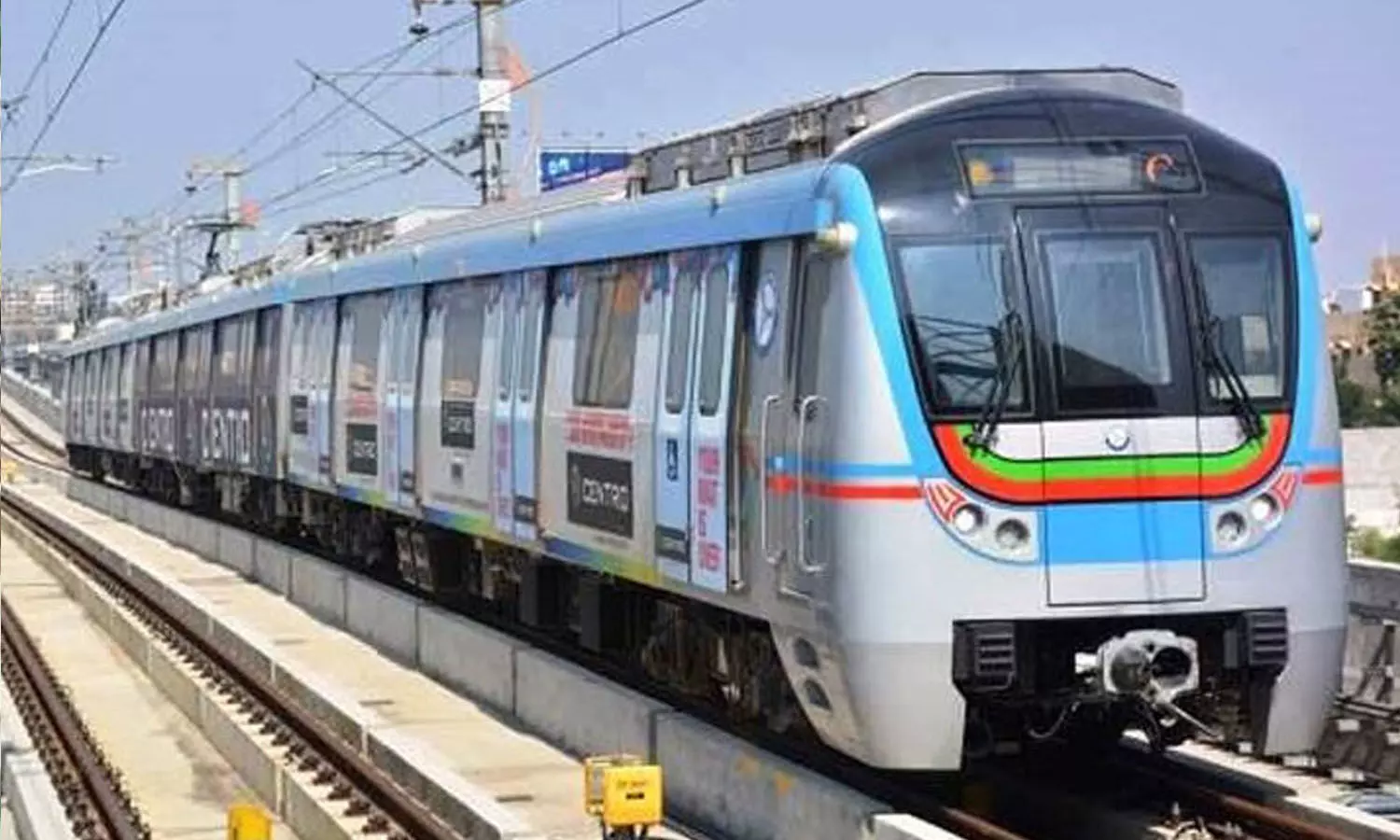Metro rail to shape future of Hyderabad: Stanford case study
The case study showcased the exceptional abilities of HMRL MD NVS Reddy and his team in navigating sensitive issues and agitations to successfully execute metro rail project

HYDERABAD: The Hyderabad Metro Rail (HMRL) project's execution success was published as a case study for the benefit of management practitioners and students by Stanford University, a rare honour in management studies.
A comprehensive study on the Hyderabad metro rail conducted by an ISB team led by Prof Ram Nidumolu was published in the most recent spring 2024 issue of Stanford Social Innovation Review (SSIR), amidst tough global competition from several other similar studies. Ram Nidumolu is a professor of practice in organizational behavior at the Indian School of Business.
Also Read: Route map for Hyderabad Metro - Phase 2 expansion finalised
SSIR, a prestigious journal from Stanford University, publishes groundbreaking projects and leadership styles that offer innovative solutions to global endemic issues.
The case study showcased the exceptional abilities of HMRL MD NVS Reddy and his team in navigating sensitive issues and agitations to successfully execute the public-private partnership (PPP) metro rail project.
NVS Reddy and his team demonstrated exceptional leadership by navigating through the initial setbacks, managing various challenges including agitations, and successfully garnering support from diverse socio-religious groups and political parties. Their ability to overcome hurdles, resolve conflicts, and effectively handle legal challenges exemplifies effective leadership in project management.
The study acknowledged the HMRL team's remarkable skill in aligning the overarching goals of the project with the varied and sometimes conflicting interests of stakeholders such as the concessionaire, lending banks, property owners, trade associations, hawker unions, and opposing socio-religious and political parties.
This accomplishment was credited to the NVS Reddy's departure from traditional bureaucratic approaches, instead adopting an entrepreneurial mindset. Through passionate dedication and a commitment to inclusivity, the NVS Reddy consistently implemented a stakeholder-centric policy and transparent communication, which were vital to the project's success.
Based on this successful leadership experience, the study developed a new concept of stakeholder management and indicated that management practitioners can learn a lot from the Hyderabad metro experience as to how to build mega public purpose infrastructure projects through private sector capital and resources, with deep engagement of all stakeholders including media for the broader social good.
The case study further observed, "as Hyderabad continues to grow, the metro rail will undoubtedly play a vital role in shaping its future, offering an enduring example of democratic leadership that dared to dream big for the common good."



